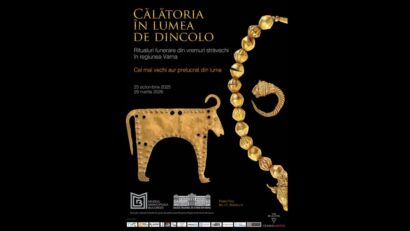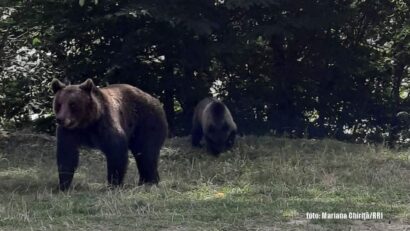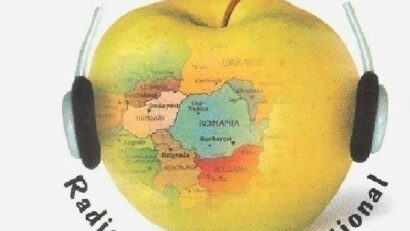
Everything you need to know about Romania in less than 60 minutes
Romania's participation in hospitality competitions has grown significantly in recent years.

The repatriation of Romanian citizens who are currently in areas of conflict in the Middle East is Bucharest’s number one priority.

The justice minister Radu Marinescu has nominated Cristina Chiriac for the position of Prosecutor General, Viorel Cerbu for head of the National Anti-Corruption Directorate and Codrin Miron for head of the Directorate Investigating Organised Crime and Terrorism Offences.

Romanian authorities are on high alert in the context of the conflict in the Middle East

The NBR estimates that inflation will rise more than anticipated in the second quarter

The defending champions FCSB have failed to qualify to the play-off stage of the domestic championship this season.

The Romanian Defense Ministry informs that there is no military threat to the Romanian national territory

President Nicuşor Dan assured on Sunday that Romania is out of danger despite of the deteriorating security context in the Middle East

UN Secretary-General António Guterres condemned the military escalation in the Middle East
Currency Converter RON/EUR: Tue, 3 Mar.

In an exclusive interview on RRI, the German Ambassador to Romania, Her Excellency Angela Ganninger, touches upon key pillars of the relationship between Romania and Germany.

The latest from the Romanian labour market

The latest from the Romanian labour market

The "Black Knights 2026" exercise demonstrated, in difficult weather conditions and in a complex tactical scenario, that interoperability between Romanian and American forces works at a real operational level.

The latest from the Romanian labour market

An independent collective of young Romanian alternative rock bands

The Europe Gallery in Brasov hosts the second edition of the Rage Festival

Romania has officially designated the year 2026 as the “Brâncuși Year” to mark the 150th anniversary of the birth of Constantin Brâncuși

A fusion group based in Bucharest, whose music blends Afro, Latin, Balkan and funk influences

Everything you need to know about Romania in less than 60 minutes

Everything you need to know about Romania in less than 60 minutes.

Everything you need to know about Romania in less than 60 minutes

On February 20, 1856, the Romanian society took a major step towards modernization by freeing the Roma from slavery.

The generation of those who fought in the trenches of WWI gave the 20th-century Romania Grigore Gafencu, a jurist, politician, diplomat, journalist and leader of the anti-communist exile after 1945.

The Bucharest City Museum is playing host to a temporary exhibition entitled “Journey to the afterlife. Ancient funerary rituals in the Varna region”.

In the Romanian folk tradition, the Carpathian bear is a frequent presence in the folk calendar.

Radio Romania International continues to expand its own podcast platform.

Radio Romania International has continued to develop its own native podcast platform.

US president Donald Trump is chosen Personality of the Year in 2025 by RRI's listeners and Internet and social media users.

Like every year, Radio Romania International is again inviting listeners to choose their favourite person in 2025.

A special broadcast marking Radio Day

Radio Romania International celebrates Radio Day in Romania, on November 1, with a new podcast platform.
